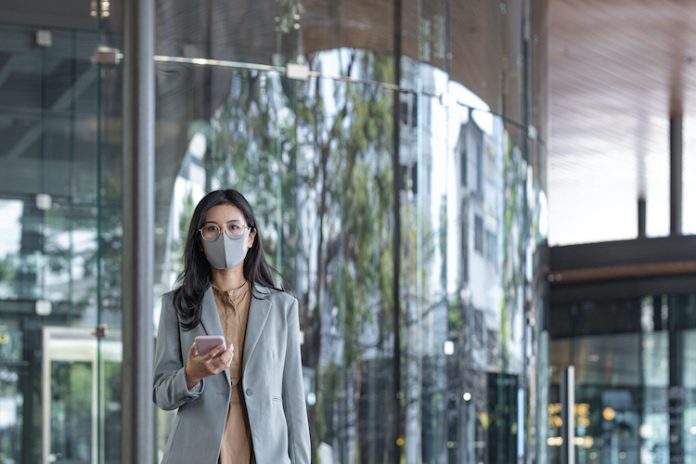
2020 has completely disrupted the global hotel industry. From rapid cancellations to the adoption of new safety protocols, hotels have pivoted their operations to fit the industry’s “new next.” And as they enter 2021, they’ll need to do even more. Hotels will be under pressure to grow occupancy and revenue while lowering costs by running leaner and more efficiently. Hotels need to accomplish these imperatives while improving the guest experience, which means greater dependence on a next-generation property management system (PMS).
Doing more with less is a common theme that’s sure to linger. To adjust, hoteliers must focus on what matters most—increasing guest and employee satisfaction—and not get sidetracked by the mundane. Today’s guests want greater access to contactless and low-touch solutions, mobile apps, and innovative offerings, and hoteliers need a PMS that can streamline all these operations to better accommodate and engage guests.
Operators should keep the following key concepts in mind while considering the advantages that a next-gen PMS can deliver:
Guest Experience Management and Personalization
The guest experience should be at the epicenter of any hotel strategy and understanding what guests want and need is crucial. Even before the global pandemic, guests sought more digitalization in their hotel experiences, where interactions could be facilitated without the need for high contact with hotel employees. That demand has only intensified. An advanced PMS influences the quality of those guest interactions by significantly reducing friction and increasing convenience and personalization. It also allows hoteliers to capture data during those personalized interactions, helping analyze and understand each guest’s needs and preferences in proper context. Such insight is essential to delivering the most-desired personalized service.
Mobility
Guests want mobile booking, keyless entry, check-in, and check-out, all at the convenience of their phones. These mobile-platform capabilities allow guests to move at their own pace and provide them with flexibility. From an operational standpoint, they can also improve and increase hotel staff performance. Accessing information, including real-time performance data, and communicating with staff via a phone or tablet will be integral to success moving forward. With these capabilities, staff can determine when rooms need to be cleaned, when a service or maintenance request needs to be fulfilled, and when guests have checked-out or in.
A centralized PMS can orchestrate all the above, which makes guest and employee experiences more seamless. Such mobility can reduce wait times considerably and minimize inconveniences, improving the overall quality of the guest stay.
Cloud Deployment
It is time for hoteliers to embrace the cloud. By moving on-premise systems to the cloud, hotels can lower operational costs and capitalize on a solution that is continuously updated. A cloud-based PMS can also be accessed remotely more easily, which is key because operators are not always working on site.
Technology and Data Integration
Integration will continue to be pivotal for hotels. A PMS that is integrated with a customer relationship management (CRM) system, a central reservation system (CRS), and a revenue management system (RMS) will be just what hotels need to operate holistically. A fully-integrated PMS gives hoteliers a competitive advantage over hotels with legacy solutions and data silos. A PMS that enables data centralization—through seamless interaction among CRS, PMS and other hotel solutions—delivers cost benefits. They include minimizing financial losses related to errors in manual updates and delayed or lost room charge postings. In 2021, integration between CRS and PMS should be a top priority to support reservation delivery and cancellations as well as adhere to new and modified prices and inventory synchronization.
Ultimately, a next-gen PMS provides hoteliers with the ability to elevate service and improve operations to meet guests’ ever-evolving demands for convenience and personalization—whenever and wherever they’re made. For hoteliers, selecting the right PMS is the best decision for the road ahead.










